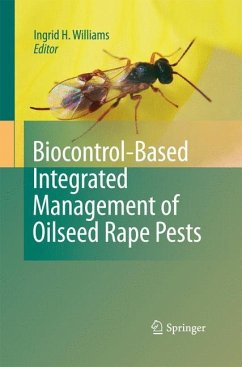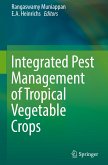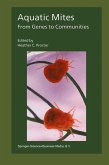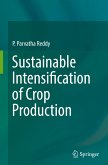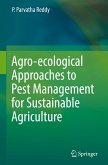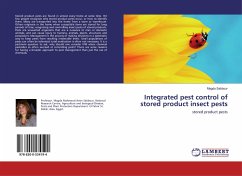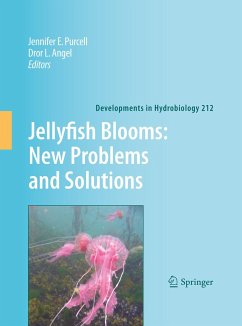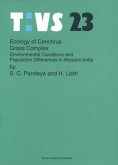Oilseed rape is a major arable crop in both Europe and North America. It is attacked by unique complexes of insect pests still largely controlled through the application of chemical insecticides. Crop management systems for the future must combine sustainability with environmental acceptability to satisfy both social and economic demands. This book, in its 17 chapters each led by a world expert, reviews research progress towards developing integrated pest management systems for the crop that enhance conservation biocontrol. This approach is particularly timely because of the development in Europe of insecticide resistance in the pollen beetle, a major pest of the crop. The past decade has seen considerable progress in our knowledge of the parasitoids and predators that contribute to biocontrol, of their distribution patterns, and their behavioural ecology, both within and without the crop. There is potential for natural enemy conservation through modification of within-field crop husbandry practices, as well as, on the landscape scale, through habitat manipulation to encourage vegetational diversity. This book will prove invaluable as a text for researchers, university teachers, graduate scientists, extension workers and growers involved in integrated pest management.
Bitte wählen Sie Ihr Anliegen aus.
Rechnungen
Retourenschein anfordern
Bestellstatus
Storno

